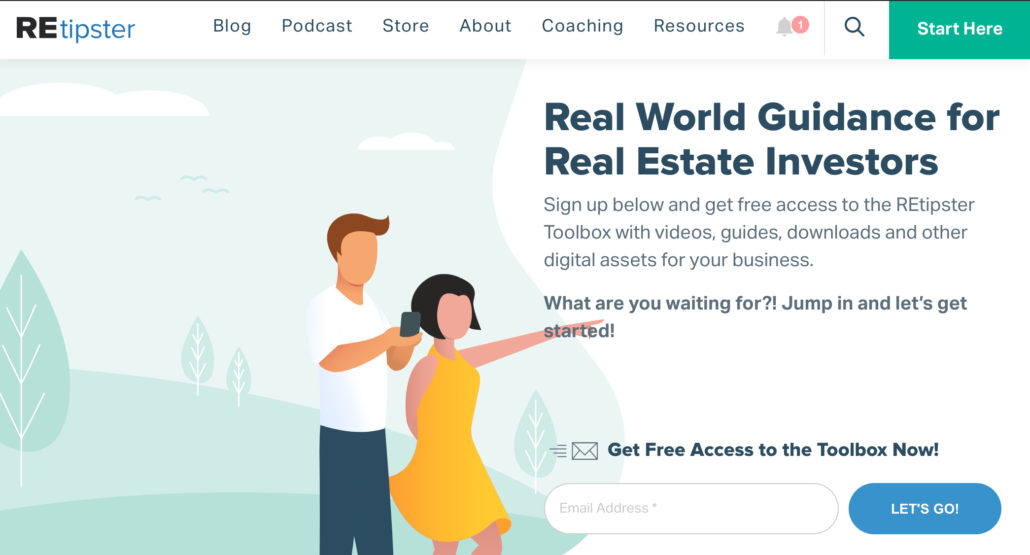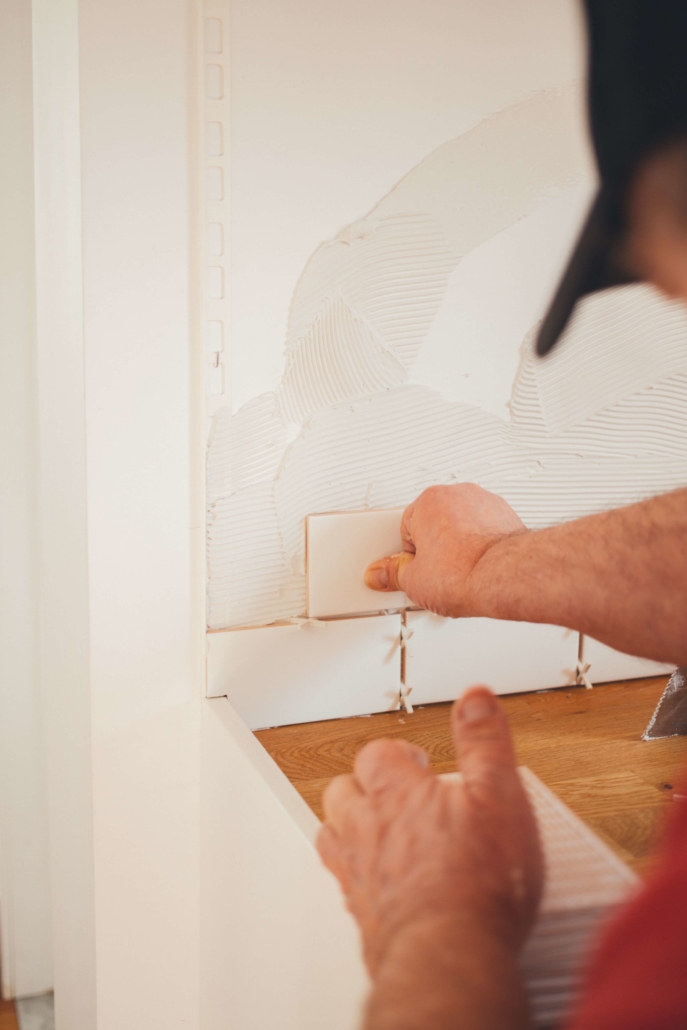Real Estate Investing Resources
When it comes to real estate investing, are you:
a. A complete novice who wants to get started but doesn’t know where to begin
b. A rookie who’s getting ready to buy their first investment property
c. An investment property owner who wants to grow their wealth even more
d. A seasoned vet who thinks they know it all
No matter what you answered, we guarantee this blog will help you on your property investing journey. Here’s a list of real estate investment resources to help any investor stay up to date.
YouTube Channels
Did you know that in 2019, YouTube was the most visited site on the Internet? Most people won’t be surprised by that stat, but it just goes to show how YouTube has evolved from a place of viral videos to a truly resourceful tool. Here are some of the best YouTube channels to help your real estate portfolio:
Graham Stephan
“Here’s my story of skipping college, pursuing [sic] real estate sales at 18 years old, and becoming a millionaire by the time I turned 26.” Graham Stephan’s YouTube bio says it all. While Stephan diverts his attention from real estate investing to millennials (and lots of avocado toast mentions, for whatever reason) to other financial topics from time to time, his transparency as a whole is inspiring and insightful.
Mark Ferguson
A true flip king (often balancing 15-20 property flips at a time), Mark Ferguson documents every part of his real estate investment process. Ferguson shows before and after footage, spreadsheets and other financial info, and even whether a property was ultimately worth it.
BiggerPockets
As one BP fan writes, “BiggerPockets forum is the single greatest resource for real estate investors.” While BP also has a blog, forum, website, and podcast, their YouTube channel is perhaps a perfect compilation of each resource.
HONORABLE MENTIONS
- Meet Kevin
- Flipping Mastery TV
- Max Maxwell
- The Financial Diet (not real estate, but an excellent financial video channel)
Podcasts

Put these on during your commute, take a walk and plug in your earphones, or even just make cleaning the house a little more interesting with a good real estate investing podcast. Many of the channels listed (and sites below) also have their own podcast, but here are some lesser-known podcasts to check out.
Apartment Building Investing With Michael Blank
On top of writing for BiggerPockets, Michael Blank’s podcast has unique perspectives regarding multifamily complexes. Blank dives deep on this somewhat niche form of property investing through conversations and intriguing interviews.
The Real Estate Guys
One of iTunes’ most popular podcasts, the Real Estate Guys were once a radio show and got their start in 1997. Fast-paced and fun, you won’t start snoozing with this podcast.
Rental Rookie
Teacher-turned-investor Emily Du Plessis explains how she finessed her transition into property investing. But with more than 160 episodes as of January, 2020, this podcast title is a misnomer — Du Plessis certainly knows her stuff. This is a great podcast in general, but the fact that it’s run by a teacher means you know you’ll learn a ton.
Blogs, Sites, & Forums

REtipster
REtipster stands apart from many other blogs because it gives a lot of attention to land sales and how to sell land. Blogs, podcasts, reviews, and interviews make this an extraordinarily comprehensive site.
Afford Anything
Afford Anything tells a fascinating story of a woman, Paula, who has done it all in the pursuit of financial freedom. Paula has a podcast, a blog, a consulting service, and even a course to help investors get on their feet. Even if you’re just learning about how she scraped up $25k on a $21k salary, you’re bound to be captivated by her story.
Connected Investors
Connected Investors is almost like the Reddit of property investing. You can find topics to read up on or contribute to, or even start your own. Plus, these forums are a great way for people to network, which can absolutely help you grow your portfolio.
RealtyHive
Countless cruise through Zillow, Trulia, Realtor.com and the like. What many people don’t realize is that RealtyHive is an untapped source of potential.
We are an exclusive resource for learning about purchasing property through time-limited events, our blog is a resource for real estate buyers and sellers, and we feature listings that other sites might not show. We know that knowledge is power, and we’re more than happy to share our knowledge with you!






























